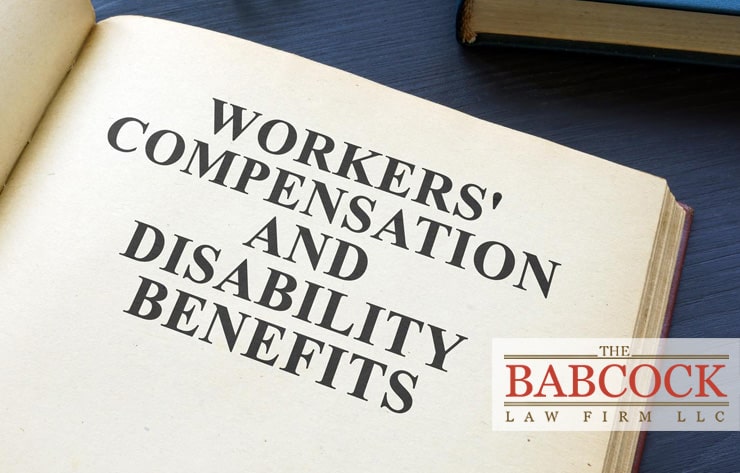
Workers’ compensation is a system that provides benefits to employees who are injured on the job. It was established to provide compensation and benefits to workers while they’re recovering from a workplace injury. It also protects employers because it enables them to avoid potentially costly civil lawsuits in the event of a workplace injury.
Work-related injury statistics in Colorado
The Colorado Department of Public Health & Environment (CDPHE) reports that approximately 112 work-related deaths occur in Colorado every year, which means that, on average, 1 work-related fatality occurs in Colorado every 3 to 4 days.
Additionally, in an average year, more than 6,000 workers are injured on the job in Colorado.
Overview of workers’ compensation in Colorado
Fortunately, injured workers in Colorado are entitled to receive workers’ compensation benefits while they recover from a workplace injury.
According to the Colorado Department of Labor and Employment (CDLE), any Colorado business with 1 or more employees is required to have workers’ compensation insurance, regardless of whether the employees work full- or part-time.
Colorado workers’ compensation insurance provides benefits to injured workers, including:
- Medical expenses, including doctor’s visits, surgeries, medications, rehabilitation and assistive devices (such as a wheelchair)
- Lost wages, paid based on your pre-injury income
- Permanent disability benefits, which vary according to the severity and classification of your injury or disability
- Death benefits, payable to dependents in the event of a work-related death
Workers’ comp injury reporting requirements
To be eligible for compensation under the Colorado Workers’ Compensation Act, workers must report their injury within certain time limits. It’s important to be aware of these limits, as failure to meet them could mean a reduction of benefits or even a complete bar from filing a claim.
Previously, injured workers were required to report their injury to the employer within 4 days of the occurrence, but that changed following the passing of Colorado Senate Bill HB22-1112.
Changes to workers’ comp laws under the new law
Colorado Senate Bill HB22-1112 extends the reporting time to 10 days following an on-the-job injury and repeals the compensation reduction provisions.
There are several reasons why extending the time workers have to report their injuries is beneficial. Workers may not realize they’re hurt immediately after an injury, as symptoms often take days to surface. Many injured workers are also hopeful that their symptoms will just go away and therefore delay reporting. Also, depending on the severity of the injury and other factors, it may be difficult for an employee to report their injury in writing within the appropriate time frame.
In addition to the changes to reporting requirements, the new law changes the rules regarding notice that employers must post in a workplace regarding work injuries. The notice poster must now indicate the following:
- Employer is responsible for payment of workers’ compensation insurance;
- Injured employee has rights under the law if the employer fails to carry workers’ compensation insurance;
- Employee should seek medical attention; and
- Injury must be reported in writing to the employer.
The bill also changes the requirement for reporting an occupational illness or disease from within 30 days after it’s contracted to “upon manifestation of the disease,” meaning when the employee first becomes aware of the disease or illness.
When to contact a Colorado workers’ comp attorney
If you’re injured on the job in Colorado, you should be able to file a workers’ compensation claim to cover your medical bills and lost wages. Because the workers’ compensation laws in Colorado are always changing, it’s more important than ever to make sure you understand your rights after a workplace injury.
In addition to the reporting requirements, there are also statutes of limitations on how long you have to file a claim. An experienced workers’ compensation attorney can guide you through the process and help you get the full benefits to which you’re entitled.
At The Babcock Law Firm, our workers’ compensation attorneys have extensive knowledge of workers’ compensation laws. In fact, our firm assisted with the negotiation of Colorado Senate Bill HB22-1112 through our work on the Workers’ Compensation Education Association (WCEA) legislative committee—the organization that ran the bill—so you can rest assured we’re always up to date on the laws that can affect your case.

